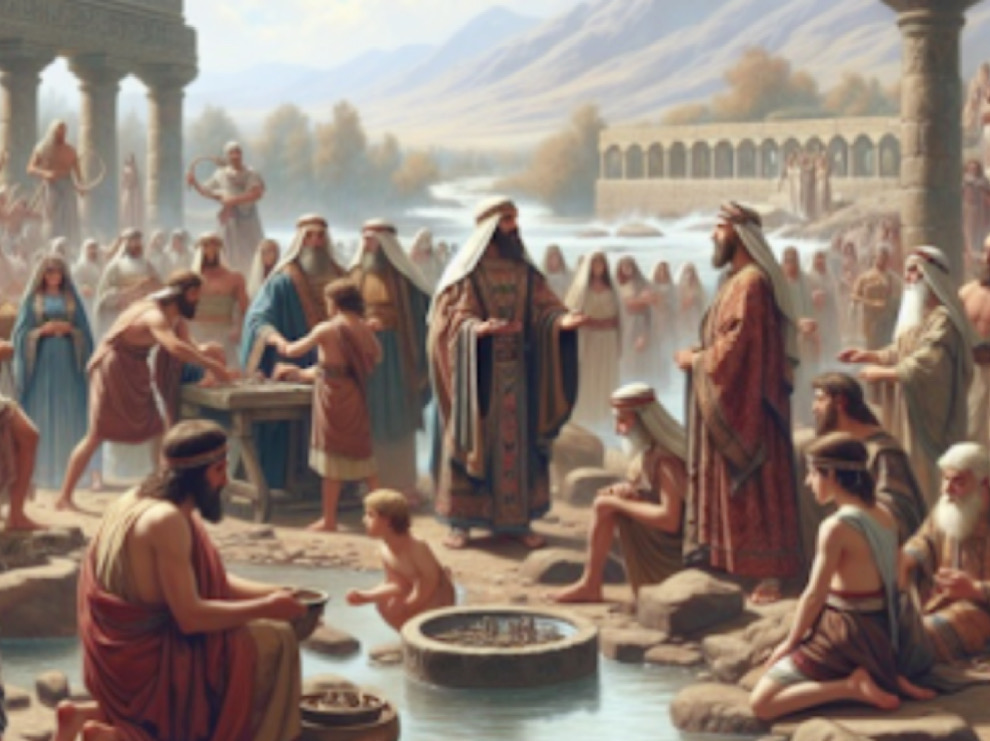The Story of Naboth’s Vineyard and Its Lessons of Injustice

SHARE
In the Bible, the story of Naboth’s vineyard, found in 1 Kings 21, is an example of injustice and abuse of power. It revolves around King Ahab of Israel, his wife Jezebel, and Naboth, a humble vineyard owner. The narrative explores themes of covetousness, corruption, and the tragic consequences that arise when rulers misuse their authority for personal gain.
Naboth was a man of integrity and owned a vineyard near the palace of Ahab in Jezreel. When King Ahab desired Naboth’s vineyard to use it as a vegetable garden, he offered Naboth a fair trade: a better vineyard or its worth in money (1 Kings 21:2).
However, Naboth refused. He held his land as an inheritance from his ancestors, bound by Israel’s law, which forbade the sale of family land (Leviticus 25:23). Naboth’s decision, grounded in faith and tradition, made him an unwitting target of Ahab’s frustration.
Ahab, deeply disappointed by Naboth’s refusal, withdrew to his palace in a sullen mood, unwilling to eat. Jezebel, his wife, took matters into her own hands. She manipulated the situation with cunning cruelty. In a devious plot, she forged letters in Ahab’s name, ordering the elders of Naboth’s town to accuse him of blasphemy and treason. These false accusations led to Naboth’s condemnation and execution by stoning (1 Kings 21:9-13).
When Jezebel informed Ahab of Naboth’s death, he wasted no time in seizing the vineyard, fulfilling his desire. However, God was not blind to this injustice. The prophet Elijah was sent to confront Ahab, declaring God’s judgment upon him for the wrongful death of Naboth. Elijah prophesied that Ahab’s blood would be shed in the same place where Naboth’s had been spilled, and that his dynasty would be destroyed (1 Kings 21:17-24).
From this story, we learn the sanctity of personal property and the importance of respecting others’ rights, even for those in positions of power. Naboth’s refusal to sell his land was a righteous stand based on his faith and the laws of the land. Also, the story underscores the destructive power of unchecked ambition. Ahab and Jezebel’s greed blinded them to the moral consequences of their actions. This led to Naboth’s death and the eventual fall of their kingdom.
Moreover, the story reveals the inherent danger of using power to oppress and eliminate those who stand in one’s way. Injustice may prevail for a time but God’s judgment will overthrow it indefinitely. Ahab’s downfall is a sobering reminder that no one, no matter how powerful, is beyond the reach of divine justice.
The tragic tale of Naboth’s vineyard serves as a reminder to act justly, to respect others’ rights, and to hold those in power accountable. It calls us to reflect on the consequences of our actions. In the end, the story affirms that justice, though sometimes delayed, will always prevail.
*Cover Photo/Thumbnail Photo from bibleart.com
RELATED ARTICLES

Smartwatch-Level Performance for Real-World Movement: The HUAWEI Band 11 Series Elevates the Band Experience for as Low as PHP 2,399

Mark Wahlberg and Jonathan Roumie on Faith That Calls for Sacrifice

HUAWEI Mate 80 Pro and WATCH GT Runner 2 Coming to the Philippines in April









